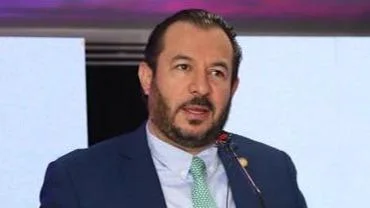Emotional support is an important part of breast cancer treatment, according to Dr. Claudia María García Molina, a psychologist at the Hospital de Gineco Obstetricia. She explained that patients with this diagnosis often experience high levels of anxiety, depression, and fear. "Emotional support helps patients stick to their treatment, improves resilience, and reduces the likelihood of abandoning therapy," said García Molina.
The Instituto Guatemalteco de Seguridad Social (IGSS) offers tools to help patients manage emotions and stress related to their illness. Psychological care includes brief interventions focused on emotional regulation, body image management, and strengthening support networks.
These approaches have shown positive effects on patient recovery and quality of life during and after treatment. The comprehensive approach also involves family members. García Molina stated: "Including close relatives through psychoeducational guidance and support sessions reduces feelings of loneliness and improves adherence to treatment."
Social support networks made up of family, friends, medical staff, and patient groups are considered key protective factors. At IGSS, group spaces coordinated by Psychology and the School of Health allow patients to share experiences, build self-esteem, and develop strategies for coping with illness.
The Psychology Department at the Hospital de Gineco Obstetricia serves between 45 and 60 breast cancer patients each month. Internal data indicates that 70% of these patients show significant improvement in emotional symptoms after three months of therapeutic support.
Seeking professional help can reduce anxiety and improve quality of life. IGSS continues efforts to strengthen comprehensive care for its beneficiaries by promoting not only physical recovery but also emotional well-being.

 Alerts Sign-up
Alerts Sign-up